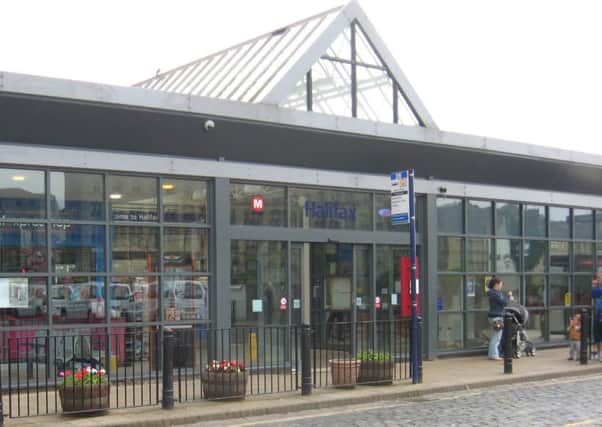Letter: Transport plan is utopian dream


Its dream, imagining Calderdale as a dense cosmopolitan metropolis with a wealth of efficient public transport links, numerous small stations, each available by walking or cycling distance. Urban green spaces, pedestrian only areas and extensive cycling links are abundant. Something like Leeds, Manchester or even London? In this dream economic growth is ‘nurtured’ but then it becomes hazy.
Calderdale is a mixed borough with numerous conurbations, none of which is particularly large. We have numerous small rural communities, the residents of which tend to travel to other conurbations in order to work, shop or access services. Areas as densely populated such as Elland are without a train station and wards as disparately populated as Luddenden Foot or Ryburn suffering cutbacks to rural bus services.
Advertisement
Hide AdAdvertisement
Hide AdWhether you are able bodied or not, young or elderly, for a large number of us, a car is a necessity.
For the Labour Cabinet this is not so. For them, the only things holding Calderdale back from becoming a bustling economic epicentre is cars. Barry Collins, cabinet member for economy and environment, argues that we must ‘encourage people to make different travel choices by rationing highway and parking space’ (i.e. increasing parking charges and pedestrianising our towns) as the alternative ‘older approach to transport’ is not ‘viable in a borough that seeks to nurture economic growth’.
Incidentally this is not a dream that has not been dreamt or even realised before. There are notable examples in the region of what happens when councils raise town centre parking charges.
The result? Shoppers abandon the local shops and businesses, instead driving to out of town shopping centres. Boutiques and local shops selling local produce become bookmakers, pawnbrokers and generic discount stores.
Advertisement
Hide AdAdvertisement
Hide AdHow does the Labour Council believe they will achieve his utopia? They argue that we should increase building houses and that will drive up demand for local public transport. New railway stations will sprout locally and the rail companies will pump vast sums into rolling stock, bus companies will invest in new buses and new routes. Any gaps in demand for transport will be plugged with new green walk ways and cycle paths.
Unfortunately the Labour Council can’t reverse engineer an urban conurbation of cyclists and pedestrians as they haven’t the faintest idea of how economics work (probably the reason why they don’t like to go into much detail on how it operates). London, Leeds and Manchester didn’t spontaneously appear because someone decided to build some houses in the middle of a field in the hope that ‘if you build it they will come’ (Field of dreams – Kevin Costner). What created London, Leeds and Manchester? Economic activity. Individuals set up shop there because there were resources there in order to make a living.
It’s interesting that they believe that by increasing parking charges, banning cars from town centres and spending vast sums on cycling tracks, he will somehow pressure network rail to build train stations, Northern Rail to invest in rolling stock and bus companies to extend their service provision in rural areas. For anyone not near these imagined transport links perhaps the Labour administration could bring their jobs within walking or cycling distance? For those too elderly or incapacitated to walk or cycle, perhaps they may allow to keep their vehicles provided they pay the punitive parking charges or they can use their ‘smartphone technology’ referred to in the ‘strategy’, to order taxis.
Why would anyone want to live in Calderdale if this Utopian dream makes it past the strategy stage and is implemented into a wasteful badly managed nightmare? Imagine houses with poor commuter links, towns with high parking charges and little or no jobs because business sensibly locate elsewhere, house prices slide as people seek to leave the area. Local businesses services wane because there isn’t a sufficient population to sustain them. Labour would create a sinkhole and how would they fund his plans? Either by raising council tax or by borrowing (also known as ‘prudential borrowing’), kindly deferring the bill onto the younger generation they so frequently refers to in their ‘transport strategy’ so that they can pay for mistakes they didn’t get to vote on.
Councillor Colin Peel, Conservative, Brighouse